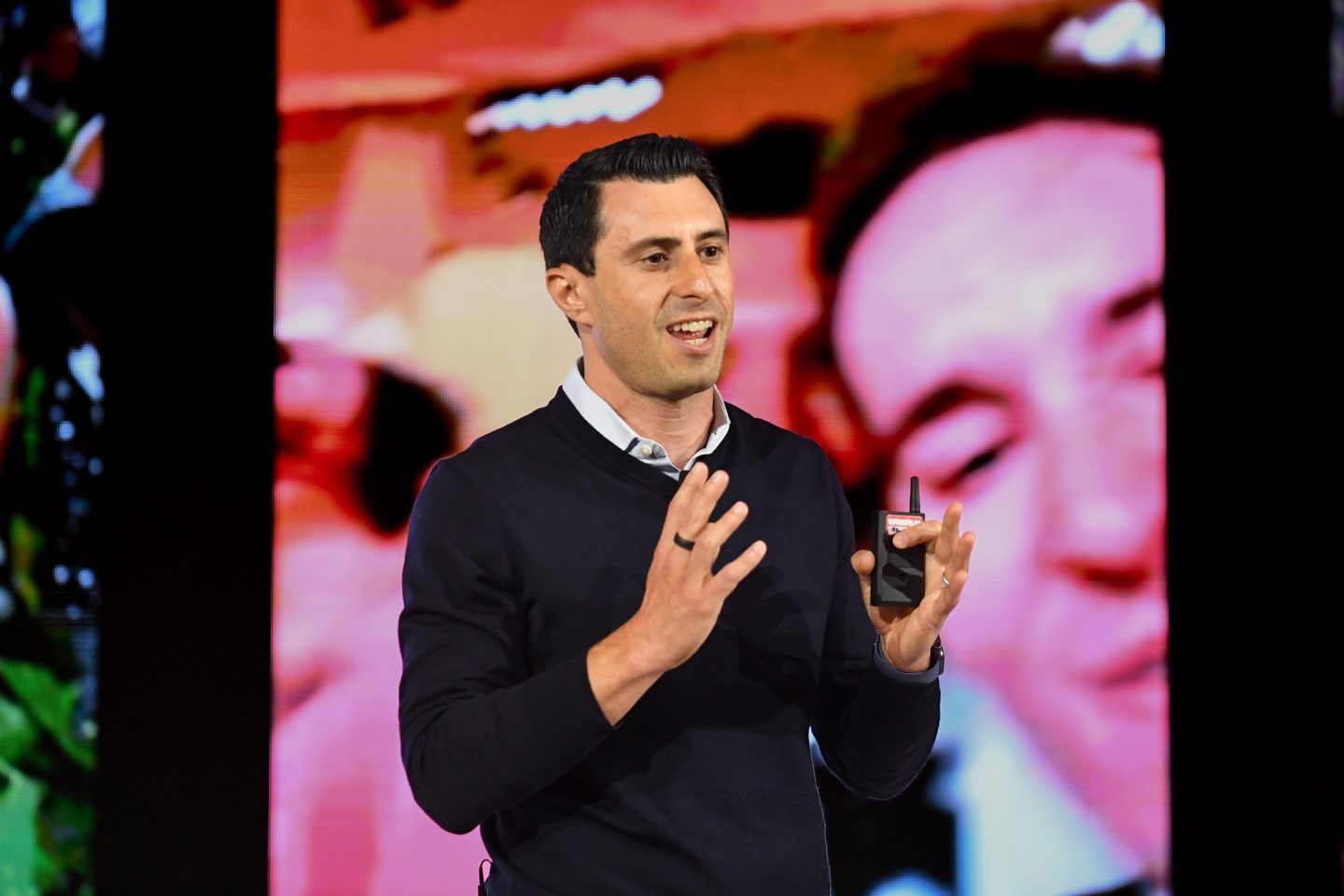If all goes according to plan on Wednesday, a SpaceX Falcon 9 rocket will lift off from Cape Canaveral, Fla. And carry two astronauts to the International Space Station (ISS).
A successful mission will mark not just the first time that humans have ever been carried into orbit by a private company, but it will also kick off the next major phase of the privatization of space. Planned missions to follow include the launch of private astronauts, a private space station, and possibly private missions beyond Earth. Meanwhile, the government is in line to save big money that can be reinvested in further space research and exploration.
“We have begun an exciting new chapter where NASA can now focus on deep space,” says Stanford professor Scott Hubbard, the former director of NASA’s Ames Research Center who also helped advise SpaceX on crew safety. “The more routine up and down to low Earth orbit can be purchased a bit like an airline ticket.”
“This is a big milestone,” adds Brett Loubert, a principal at Deloitte Consulting who focuses on the defense and aerospace industries. The U.S. Is building the infrastructure to “foster the growth of a low Earth orbit space ecosystem and ability of private companies and citizens to go to space.”
It has been almost 10 years since the previous launch of humans into orbit from American soil. Since the last space shuttle mission on July 8, 2011, NASA has depended on Russian Soyuz rockets to ferry astronauts to and from the ISS.
The agency started working with SpaceX and Boeing to develop private launch capabilities in 2014. Boeing is slightly behind its rival, with its first mission expected next year if it can work out glitches with its Starliner capsule.
A major motivator for NASA to hire the two companies is cost.
Each space shuttle flight cost over $1 billion, as calculated in 2010, though the shuttle had the ability to carry up to six astronauts plus a payload in its cargo bay. NASA paid Russia over $80 million per person for Soyuz launches. By contrast, the total cost of launching an astronaut using SpaceX is just $55 million, according to a report last year from NASA’s Office of Inspector General.
Up next, the private space industry is preparing to deploy the first-ever private astronauts to the space station beginning in 2021. Texas-based startup Axiom Space, run by former NASA manager Mike Suffredini, has a deal with SpaceX to send four astronauts on commercial missions, and another startup, Space Adventures, contracted with SpaceX to carry tourists into space starting in 2022. Both deals hinge on the success of SpaceX’s Crew Dragon capsule in Wednesday’s launch.
Putting humans in orbit who aren’t government workers could help spur low-gravity manufacturing techniques for developing new materials, asteroid mining, and other commercial activities. It could also allow for working on satellites that need repairs after launch or that need some additional assembly before being put to use.
“A lot of the complexity and cost of a commercial satellite is in mechanisms that let it unfold itself after the launch vehicle experience,” says Jeff Greason, chief technologist at space startup Electric Sky and a member of the 2009 Augustine Commission that recommended private space crews. “And there’s no reason why much of that can’t be done by people if their cost is competitive.”
To further spur the space economy, NASA is also backing plans to privatize parts of the space station and help with fully private orbiting facilities. Axiom struck a deal with NASA in January to add a private module to the ISS for exploring commercial applications in low gravity. That company plus another startup, Nevada-based Bigelow Aerospace, are even moving forward with plans for fully private stations, as NASA may not have the desire, or the funding, to replace the ISS when it reaches the end of its useful life in another five or 10 years.
Still, one successful mission and plans for more don’t guarantee that the private sector space effort will thrive, warns Harvard Business School professor Matt Weinzierl, who has studied the private space race. The government and the private sector must continue to invest in larger and more ambitious missions, like a return to the moon, to expand capabilities and build on the success, he says.
If that happens, “we will look back on this launch as a clear signal of the beginning of a new great adventure in space that taps into the power of the private sector,” Weinzierl says. “If we fail to do so, we will look back on it as the end of a bold and promising experiment.”











